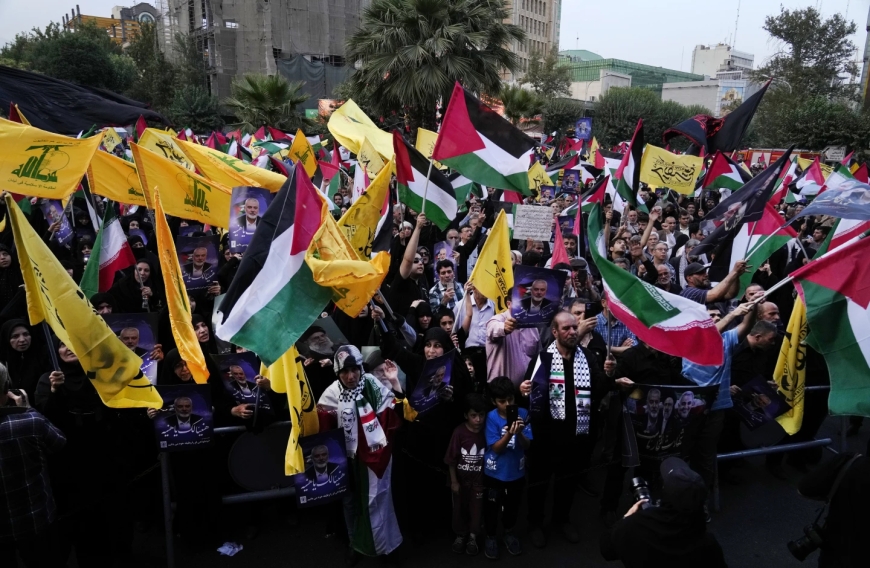Key Points About the Escalating Conflict and Israel-Hamas Cease-Fire Talks
The recent assassinations have escalated the conflict in the Middle East, complicating efforts for a cease-fire and raising concerns about the potential for a broader regional war. The international community remains on high alert, with diplomatic efforts ongoing to prevent further escalation.














































